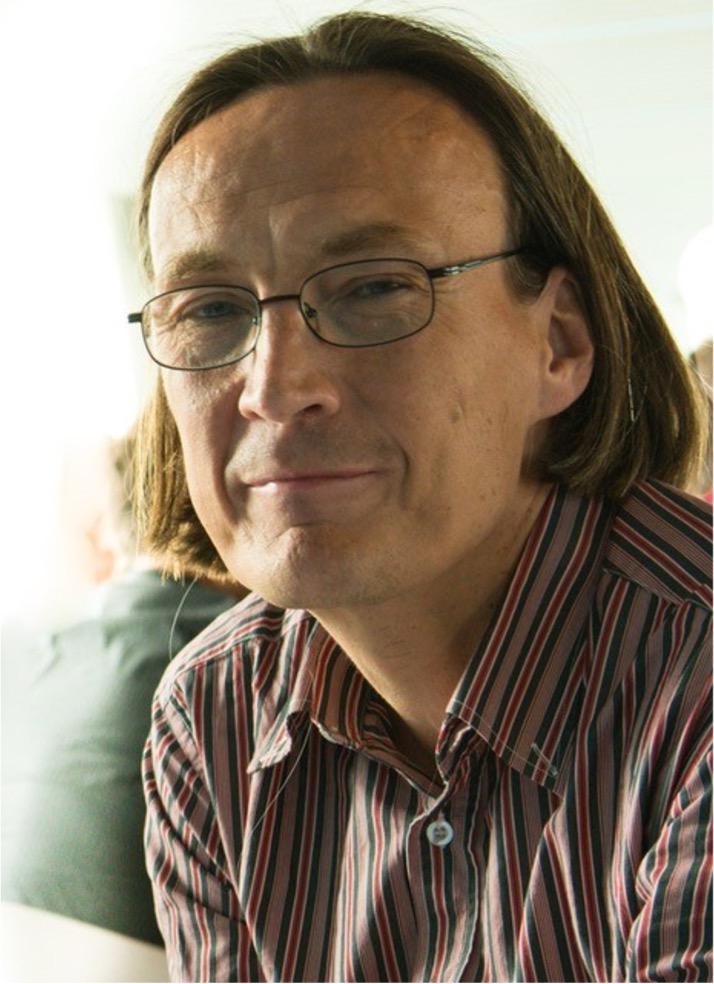
Mats Lindroos, who made major contributions to accelerator technology, passed away on 2 May 2024 aged just 62. Mats received his PhD in subatomic physics from Chalmers University of Technology in Gothenburg, Sweden, in 1993 under the supervision of Björn Jonson. As a PhD student he studied decay properties and hyperfine interactions from oriented nuclei, making use of the low-temperature nuclear orientation facilities at ISOLDE, Daresbury and Studsvik. He joined CERN as a research fellow in 1993 and became a staff member in 1995.
While at CERN, Mats performed a number of diverse roles, including being responsible for PS Booster operation and the technical coordination of the ISOLDE facility. He was one of the driving forces behind the HIE-ISOLDE project, which commenced construction in 2009 and is now one of the major accelerated-radioactive-beam facilities worldwide. While at CERN he also played leading roles in several European-Union-supported design studies for future conceptual accelerator facilities: the nuclear-physics radioactive-beam facility EURISOL and the beta-beam neutrino factory.
In 2009, when Sweden and Denmark were selected to be the host countries for the European Spallation Source (ESS), Mats returned to his roots in Sweden on secondment from CERN, formally joining the ESS in 2015. As one of the earliest members of the ESS organisation, he was responsible for establishing the nascent accelerator organisation as well as the accelerator collaboration, set up as a CERN-like collaboration, between major European accelerator laboratories across 10 countries to undertake the technical design of this important part of the facility. Mats led the technical design for the 5-MW proton linac of the ESS, and from 2013, as head of the 100-strong accelerator division, he led the linac project that is now in the late stages of construction and installation. Even after stepping down from his leadership roles because of illness, he enthusiastically accepted a new one to advise the ESS management. He was fully involved in the process, and undoubtedly would have been instrumental in guiding the future evolution of the facility.
As a globally recognised expert on accelerator technology, Mats served on many committees in an advisory role, such as the IJCLab strategic advisory board (France), IN2P3 scientific committee (France), J-PARC technical advisory committee (Japan), the PIP-II Fermilab technical advisory committee (US) and CERN’s Scientific Policy Committee. As an adjunct professor at Lund University he enjoyed teaching and supervising students in addition to his numerous research, management and committee roles.
Despite all these work activities, Mats found time to oversee, together with his partner Anette, the construction of a house on the south Swedish coast, where they enjoyed walking, gardening and being active in the local community.
Mats has touched all our lives with his energy and passion for research, his creativity for new ideas, his worldly knowledge, his sense of humour and, most importantly, his humanity and kindness. He will be greatly missed by all of us who had the privilege to count him as a friend and colleague.
His friends and colleagues
____
This obituary will also appear in the July/August CERN Courier.
